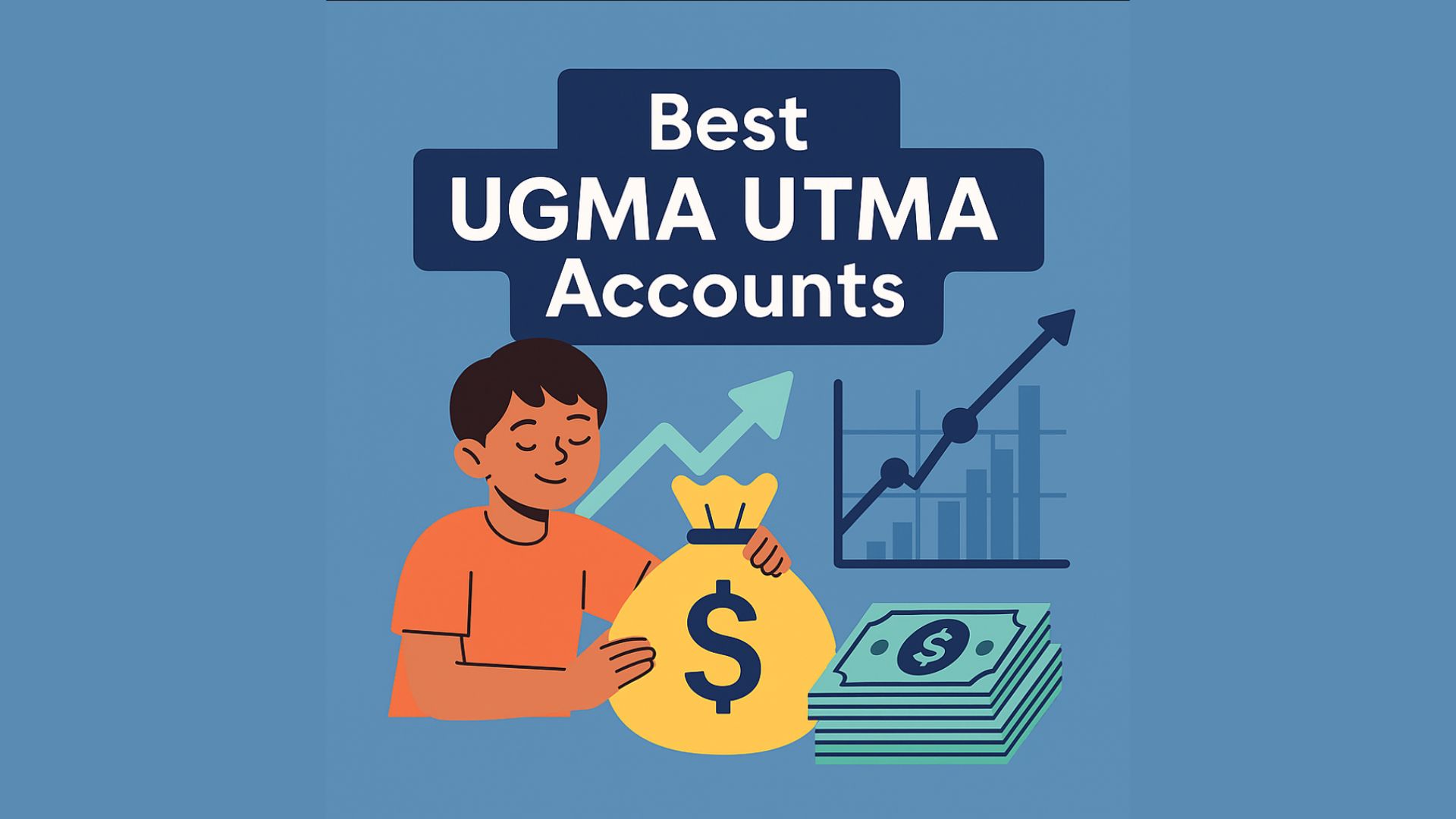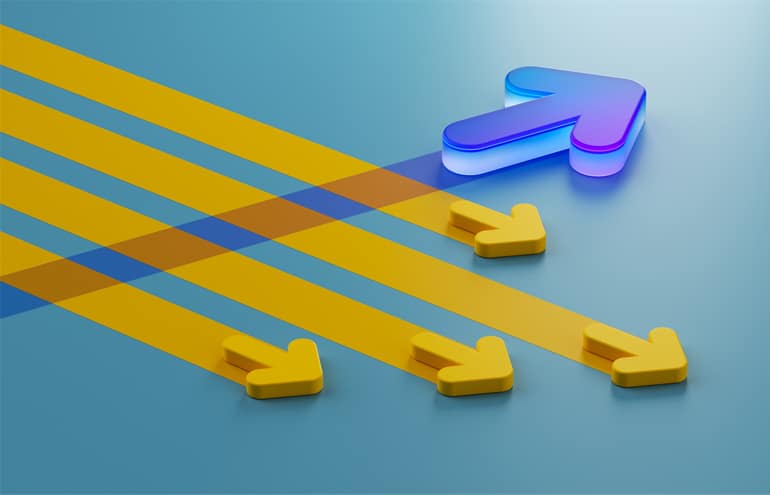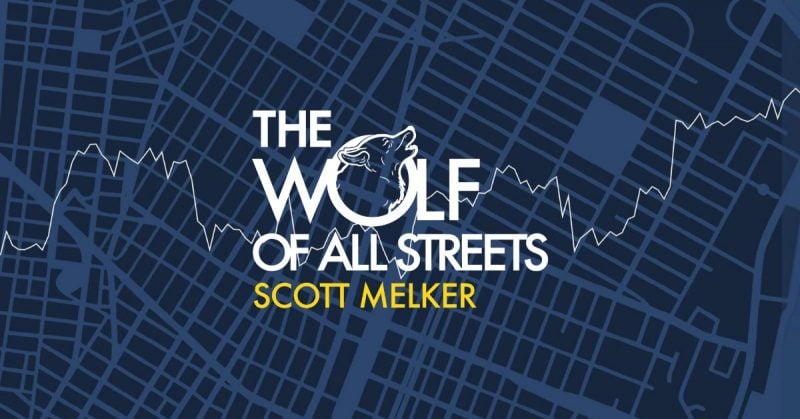Recently, the Association of International Certified Public Accountants (AICPA) released a suite of quality management standards, including SQMS 1 and SQMS 2. While SQMS No. 1 focuses on establishing a system of quality management, SQMS No. 2 focuses on the critical role of engagement quality reviews.
Jump to ↓
What is SQMS 2?
SQMS No. 2: Engagement Quality Reviews sets out the requirements and guidance for firms to conduct an engagement quality review (EQR). Additionally, the standard provides guidance for the qualifications, eligibility, responsibilities, and appointment of an engagement quality reviewer (EQ Reviewer). While the extant (SQCS No. 8) included both Quality Control Policies and the Engagement Quality Control Review (EQCR), SQMS 2 was created as a separate standard to emphasize the importance of the EQR to the system of quality management.
This is also part of a larger shift from a “quality control” or “policies-based” mindset to a comprehensive “quality management” or “systems-based” approach. SQMS 2 works alongside SQMS 1 and the revised engagement-level standards (like SAS 146, SSARS 26, and SSAE 23) to create a robust, proactive system of quality management that permeates every level of the firm.
Why does SQMS 2 matter?
Raising the bar on quality:SQMS 2 formalizes and strengthens the engagement quality review process through clarified guidance and enhanced documentation requirements. It also differentiates the responsibilities of the firm and the Engagement Quality Reviewer. Finally, the standard provides additional guidance for those who assist with the EQR and the EQ Reviewer’s responsibilities for their work.
Enhancing independence and objectivity:
SQMS 2 requires that EQRs be performed by individuals with sufficient authority, technical competence, capability (including time), and objectivity. The standard also clarifies which engagements require an EQR (as a specified response to SQMS 1, relevant ethical requirements, or laws and regulations), and the EQ Reviewer’s responsibilities.
New and enhanced EQ reviewer requirements:
SQMS 2 includes explicit requirements for evaluating significant judgments made, conclusions reached, and sufficient appropriate engagement partner involvement, and other key decisions as they relate to the engagement. Additionally, the standard outlines specific minimum items to review based on the engagement type (audit, review, etc.). The EQ Reviewer must also notify the engagement partner when the EQR is complete.
Additional firm requirements:
The firm is required to establish guidelines for performing procedures at appropriate points in the engagement and the engagement partner’s responsibilities for the EQR. The firm should also prepare procedures to ensure that the engagement report is not released until the EQR is complete. Furthermore, the firm is responsible for establishing a process for when the EQ Reviewer’s eligibility is impaired.
Enhanced documentation requirements:
Documentation requirements include key details such as the names of the EQ Reviewer and assistants, identification of the documentation reviewed, basis for the determination, date completed, and other notifications. The firm must also establish guidelines to ensure that a proper EQR happens.
Aligning with other quality management standards:
SQMS 2 is designed to work hand-in-hand with SQMS 1 (which addresses the firm’s system of quality management) and the latest engagement standards (such as SAS 146, SSARS 26, and SSAE 23). Together, they form a comprehensive framework that addresses quality at both the firm and engagement levels.
Why firms need to pay attention
1. It’s not business as usual
SQMS 2 is not just an update—it’s a transformation. It moves away from a checklist “rules-based” mindset and expects firms to tailor their EQR policies and procedures based on their unique risks and circumstances. Firms must understand these new expectations and be ready to implement more rigorous and documented engagement reviews.
2. It’s not just for audits
SQMS 2 clarifies that an EQR can include more engagement types than audits. It is the firm’s responsibility to establish guidelines for which engagements require an EQR.
3. Implementation is imminent
With an effective date for engagements for periods beginning on or after December 15, 2025, firms should work to have policies and procedures established by December 15, 2025. Firms that wait until the last minute risk non-compliance. Allow time for feedback, internal training, and questions.
4. It impacts all levels of the firm
While SQMS 2 is focused on the EQR, its implementation requires coordination among engagement partners, the engagement team, and quality management personnel. Training, resource allocation, and internal monitoring will need to be revisited.
5. It’s about more than compliance
At its core, SQMS 2 is about improving engagement quality. It encourages a culture of quality, critical evaluation, and professional skepticism—all of which are essential for maintaining trust in the profession.
Key takeaways from SQMS 2
Understand the scope: Not every engagement requires an EQR, but when it does, the requirements are clear and must be followed.
Prepare your teams: Train engagement partners, their teams, and quality reviewers on the new standards and their practical implications.
Review independence policies: Update policies to reflect the clarified independence and eligibility criteria for EQ Reviewers.
Document, document, document: SQMS 2 places greater emphasis on documentation of the EQR process, findings, and conclusions.
Embrace the opportunity: While the new standards raise the bar, they also offer a chance to build stronger, more resilient practice.
Conclusion: Embracing SQMS 2
SQMS 2 is a critical piece of the new quality management puzzle. It goes beyond compliance to reinforce the profession’s public interest mandate: providing independent, high-quality engagements that stakeholders can trust. By understanding and embracing SQMS 2 now, firms can ensure that they are not only compliant but also leaders in engagement quality.
To learn more about these standards and how to implement them, join our upcoming QM trainings on 9/19, 10/8 and 11/21 or Contact us today to learn more about our training programs and how AuditWatch can help your firm succeed.


























